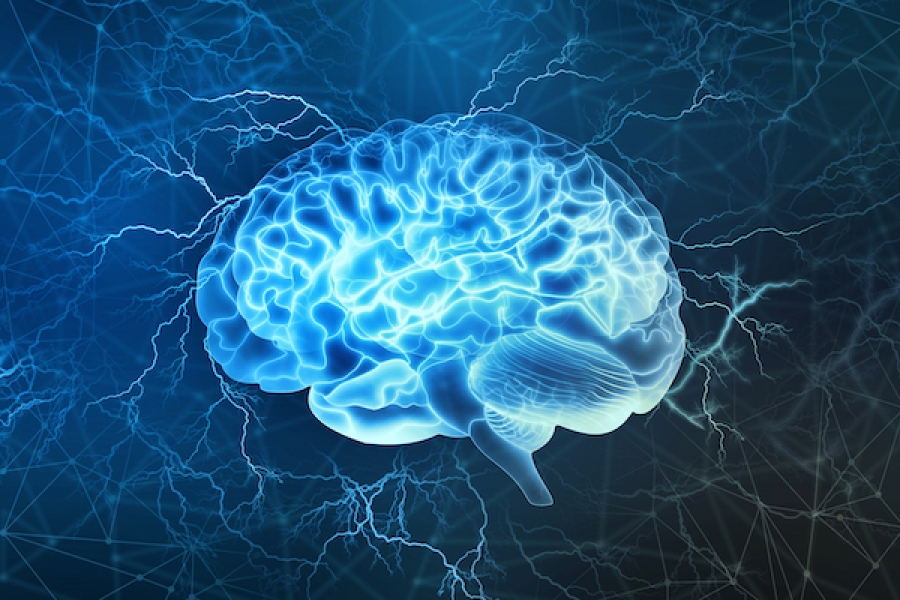Modern medicine is always evolving. And as we continue to learn more about how the brain and body are connected, we continue to adapt our treatment methods. One such adaptation over the last few decades is neurofeedback. If you’re interested in neurofeedback treatment in Denver, we’re here to help you find a training program that’s right for you.
What is neurofeedback?
Neurofeedback is a type of biofeedback that uses EEG technology to assess brainwave activity. Through a positive reward system, neurofeedback retrains your brain to respond more positively to specific stimuli. Through neurofeedback, patients can improve brain health and alleviate symptoms of neurological and mental health disorders.
After all, our brains control everything: what we think, how we feel, and what we do. And anything from genetics to life experiences can affect the way our brains function. Through neurofeedback, your clinician can identify areas of your brain that are out of balance and develop a treatment plan to help rewire your brain.
What can neurofeedback help treat?
Neurofeedback can help treat many neurological and mental health disorders in children, adolescents, and adults. It’s most commonly used to treat:
- ADHD (attention deficit hyperactivity disorder)
- Anxiety
- Autistic spectrum disorders
- Concussions
- Dependence
- Depression
- Developmental delays
- Epilepsy
- Insomnia
- Memory-related disorders
- Pain management
- PTSD
- Schizophrenia
- Stress-related problems
- Trauma
- Traumatic brain injuries
Neurofeedback can also be used to treat people who are under high amounts of pressure. From athletes to entrepreneurs and executives, neurofeedback can help people under pressure increase performance and better manage stress.
Neurofeedback is not considered a cure for any of the above-mentioned disorders. Rather, it’s a method to help manage how the brain reacts and responds. By retraining brain signals, patients can better handle ongoing stressors and stimuli and live a happier, healthier life.
How neurofeedback works
Neurofeedback typically starts with a consultation with a clinician. During the consultation, you’ll be asked to describe any symptoms or struggles you’re experiencing. If neurofeedback sounds like a good treatment option, you’ll complete a qEEG brain map. This is a procedure that measures the electrical activity in your brain.
A qEEG brain map helps your clinician understand the relationship between a specific stimulus and your corresponding brain activity. Through this process, they can identify which frequencies in the brain are out of balance and develop a personalized treatment plan.
During neurofeedback treatment, you’ll sit in a chair and a clinician will attach sensors to your scalp. The EEG will process your brain signals and provide information about your brainwave frequencies.
You will identify a video game, movie, or music you enjoy and this will be used as the positive stimuli. When your brain approaches a more efficient state of activity, the game, movie, or music you’ve identified will play.
When there’s an imbalance or inefficiency, it will stop playing. Over time, this helps direct your brainwaves towards more controlled and positive patterns. Between sessions, patients should notice decreased stress levels, improved sleep patterns, and mental clarity, among other things.
Where to get Neurofeedback treatment in Denver
If you’re interested in getting neurofeedback treatment in Denver, reach out to us. Here at Braincode Centers, we are your premier provider of neurofeedback training and support therapies.
We can provide treatment at a variety of locations:
We take a personalized approach to every patient so we can create a customized plan based on your specific symptoms and needs. Start living a happier, healthier life today.

